For nearly quarter of a century now, that is ever since terrorism enveloped the state of Jammu and Kashmir around 1989-90, India has downplayed the Pakistan’s diplomatic propaganda campaign against it. Except for pro forma rebuttals in the UN to Pakistani provocations and the occasional statement by the MEA spokesperson, India has preferred to not join issue with Pakistan in a sustained sort of manner. The idea was that instead of dignifying them, it would be better to ignore Pakistani rants and treat them with the contempt they deserved. But the flip side was that this policy left the field open for the Pakistanis to peddle whatever disinformation and misinformation they wanted without any robust rebuttal from the Indian side. But if the intervention of Prime Minister Narendra Modi at the G20 summit in Hangzhou is anything to go by – he not only pointed to Pakistan as the one country spreading terror in the region, but also called for isolating and sanctioning countries that sponsor terrorism – the policy of the past may be changing. India will now give back as good as it gets and will use every available diplomatic forum to isolate Pakistan and expose it before the international community.
The new hard-line taken by Mr Modi has in a sense been imposed upon him by the Pakistanis who have gone into a propaganda overdrive to paint India in lurid colours over the recent unrest in the Indian state of Jammu and Kashmir. Come to think of it, Pakistan would have done itself a big favour if, before embarking on yet another massive diplomatic campaign to “shake the collective conscience of the international community” against India’s supposed human rights violations and repression in Kashmir, it had first examined and evaluated what exactly is it selling, and whether there is any appetite in the international community for what it is selling. From India’s point of view, however, the Pavlovian response of its neighbour from helloften times offers an opportunity to sell its own narrative more convincingly and compellingly. The reason for this is simple: Pakistan's deep seated hatred for India makes it adopt positions which damage itself more than any damage they cause India.
Take for instance the fact that icon of Pakistan's latest campaign against India is the slain terrorist Burhan Wani. Pakistanis claim that it is his killing that unleashed the unrest in Kashmir. Interestingly, while mentioning Wani, the Pakistanis don’t hide the fact that he belonged to Hizbul Mujahedin, an unabashed Islamist/Jihadist organisation that is listed under the category of ‘other terrorist organisations’ by the US. Even though the Pakistanis are trying to portray him more as a social media activist, Wani himself wasn’t shy of being pictured wielding a gun and declaring that he was in the business of waging war against the Indian state. What is more, the Pakistan-based chief of the Hizbul Mujahedin has not only defended suicide attacks but also threatened such attacks in rest of India. Now imagine how this will play out in the international community, especially at a time when countries in Europe, Middle-East, Africa, Asia and North America are reeling under terror attacks by organisations that share their ideology with groups like Hizbul Mujahedin.
Clearly, Pakistanis have shot themselves in the foot by pitching their campaign on Burhan Wani, because there is hardly any sympathy, much less any appetite, in most countries of the world with Islamists and jihadists. Also, remember those pictures of Kashmiri youth in which they wave ISIS banners and Pakistani flags side by side? All India needs to do is to plaster these pictures in full page ads in top newspapers in all those countries where Pakistani MPs will be going to ‘shake the conscience of the world’. Incidentally, the MPs team includes Ejazulh Haq, son of former dictator Ziaul Haq, who reacting to the Danish newspaper publishing cartoons of Prophet Mohammad, openly declared that he not only supported suicide bombings and killing blasphemers but also that he would be ready to murder anyone who he thought has committed blasphemy against the Prophet of Islam. Asides of the fact that these pictures are a terrible advertisement, not just for the Kashmiris but also for the Pakistanis who are lumped together with the ISIS, the sight of terror groups like Jamaat-ud-Dawa/Lashkar-e-Taiba and other such disreputable Islamist groups getting all heated up over Kashmir and threatening war and worse on India, is really slam-dunk for the Indian narrative on Pakistan stoking the fires in Jammu and Kashmir.
No surprise then that over the last two months, Pakistan's hysterical propaganda has nothing to show for it, except for a pro forma statement from the UN Secretary General Ban Ki Moon and a demand by the OIC secretary General asking India to hold a referendum in Kashmir. Seriously, if Pakistanis are banking on Ban Ki Moon, then good luck to them. As for OIC, its rather ironic that its Secretary General has the chutzpah to demand a referendum in the world’s largest and most raucous democracy even when bulk of the OIC members don’t even hold local, forget national, elections. In any case, OIC members have perfected the art of toeing the Pakistani line from the OIC platform and ignoring it completely in their bilateral dealings with India. Even Pakistan's ‘all weather friend’ China has, so far at least, desisted from weighing in on the side of Pakistan.
It is almost a Standard Operating Procedure that when Pakistanis find that they are getting zero traction against India, they start to lament about lack of morality in international relations. This is rather rich coming from the Pakistanis, who have shamelessly supported Turkey’s atrocious policies against the Kurds, Chinese actions in Tibet and Xinjiang, and even backed China’s belligerence in South China Sea. Clearly, a human rights based campaign by Pakistan is so hypocritical that it falls flat on its face, especially in light of the fact that Pakistan shares the dubious distinction of being a country that is among the top three in the world in administering death penalty to its own citizens. And here one is not even counting the extra-judicial killings and enforced disappearances by Pakistani security agencies in Balochistan, Karachi or other parts of Pakistan. This number runs in thousands. If anything, as far as human rights are concerned, Pakistan’s rank is among the worst in the world. For Pakistan to, therefore, take the human rights route on Kashmir, is dis-ingenuity of the worst kind.
Finally, there is Pakistan’s latest diplomatic card of inviting India for a dialogue on Kashmir to show to the international community that they are being reasonable and that it is India that is being obdurate. This is quite typical of the low cunning and too clever-by-half manoeuvres by Pakistan, something that rest of the world, which has suffered Pakistan's duplicity and deceit in Afghanistan, should be quite familiar with. Ironically, Pakistan's wanting a dialogue because of what it calls ‘a grave situation in Kashmir’ actually reaffirms India’s position on export of terrorism by Pakistan. Asides of it being a case of the arsonist playing fireman, if Pakistan has nothing to do with the disturbances in Kashmir, what purpose will be served by holding a dialogue with it, except perhaps for allowing Pakistan to insert itself into India's internal affairs; conversely, if Pakistan has a hand in the disturbances, then India's stand that only terrorism be the focus of any dialogue is unexceptionable.
Unless Pakistan is living in cuckoo land (the possibility of that cannot be entirely ruled out given the delusional frame of mind of many Pakistanis), it must know that there are going to be no takers for what it is selling on Kashmir. If Pakistan is still persisting, then perhaps it has more to do with domestic politics than international diplomacy. Nawaz Sharif, who is getting boxed-in by both the opposition and the military, wants to ride the Kashmir tiger to cement his position inside Pakistan. The problem with riding the tiger lies in dismounting. That is to say that once the international campaign runs out of steam without having anything to show for it, Nawaz Sharif’s political position will become even weaker than what it is currently.
While it is almost a given that Pakistan's propaganda will fizzle out sooner rather than later, India would be making a big mistake if it thinks that Pakistan's failure on the diplomatic front gives India a carte blanche in Kashmir. India will have to tread very carefully and will need to get its political and administrative act together in the restive state and do so smartly, sensitively and sensibly. But most importantly, India needs to quickly end the disturbances and violence in Kashmir so that the space is created for the political and developmental outreach.
Published Date: 7th September 2016, Image Source: http://tribune.com.pk
(Disclaimer: The views and opinions expressed in this article are those of the author and do not necessarily reflect the official policy or position of the Vivekananda International Foundation)

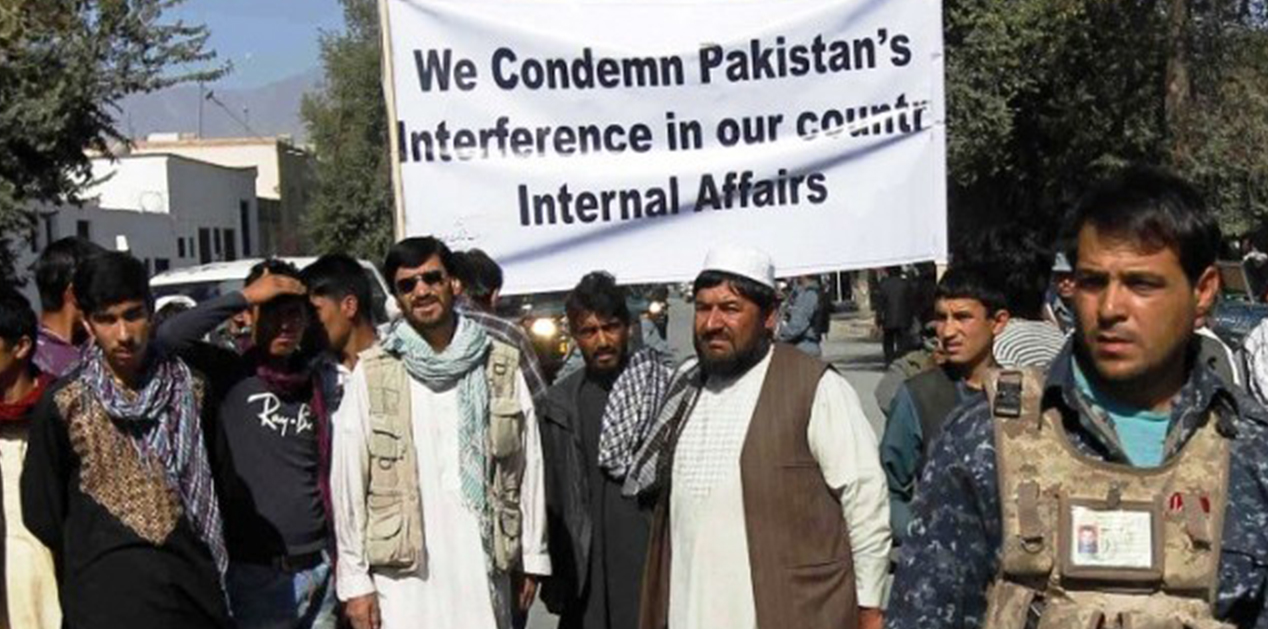
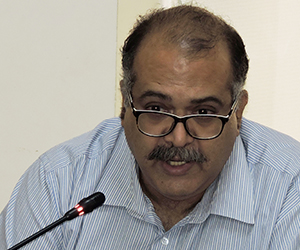


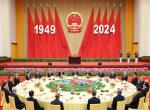


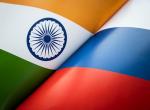
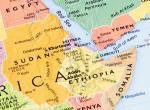

Post new comment